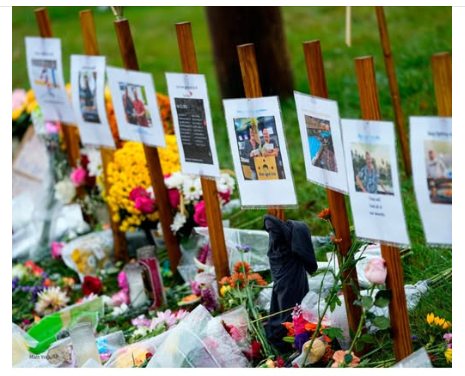A Community Shattered: Families Demand Accountability
On September 3, 2025, more than 100 survivors and relatives of the 18 victims killed in the October 25, 2023, Lewiston, Maine, mass shooting filed a landmark lawsuit against the U.S. government. The federal complaint—filed in Portland under the Federal Tort Claims Act—targets the U.S. Army, the Department of Defense, and Keller Army Community Hospital, accusing them of negligence in failing to act on alarming warning signs that could have prevented the attack.
The victims’ families and survivors call this “one of the most preventable mass tragedies in American history.” They emphasize that by March 2023, officials knew Robert Card—the Army Reserve sergeant who carried out the shooting—was paranoid, delusional, violent, and still had access to firearms, yet did little to intervene.
Ignored Warnings, Broken Protocols
Months before the deadly rampage, multiple warning signs were raised. Card had been involuntarily hospitalized during military training in July 2023, where he exhibited homicidal ideation and paranoia. Army officials promised to remove his firearms but failed to follow through. A fellow reservist even sent a message saying, “I believe he’s going to snap and do a mass shooting.” Despite this, local law enforcement was misled, and senior military leadership wasn’t properly informed
The independent commission appointed by Maine’s governor concluded that both civilian authorities and military leadership missed crucial opportunities for intervention—preventing the potential for a timely stop to Card’s escalating instability
Seeking Justice, Protecting the Future
The lawsuit isn’t just about financial recompense—it’s about accountability and preventing future tragedies. Plaintiffs are seeking damages for emotional suffering, medical and funeral expenses, and the lasting trauma of survivors At a press conference in Lewiston, Cynthia Young—who lost her husband and son—spoke with visible pain: “We trusted those in power to protect our loved ones, and their inaction cost us everything.”
This legal action underscores the urgent need for reform in how military and mental health protocols are enforced—especially when they concern individuals with access to firearms. It’s a collective plea for justice, transparency, and change to safeguard communities nationwide.
